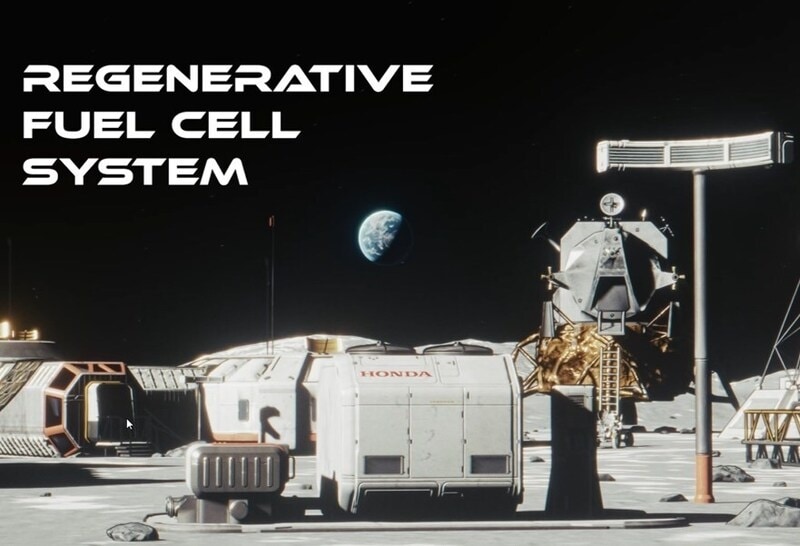Honda's Innovative Partnership for Sustainable Lunar Habitation
Key Ideas
- Honda partners with Sierra Space and Tec-Masters to test a high-differential pressure water electrolysis system on the International Space Station.
- The initiative aims to develop a regenerative fuel cell system for sustainable life support in space, specifically for future lunar habitation.
- The closed-loop cycle system uses solar energy to produce hydrogen and oxygen during the lunar day, converting them back to electricity and water at night.
- This partnership highlights the growth of the hydrogen economy and the potential for cross-industry innovation between automotive and space technology sectors.
Honda has taken a significant step in technological innovation by partnering with Sierra Space and Tec-Masters to trial a high-differential pressure water electrolysis system on the International Space Station. This experimentation is part of Honda's broader vision to create a regenerative fuel cell system capable of sustaining human life in space, especially for future lunar habitation. The key concept revolves around a closed-loop cycle where solar energy is utilized to split water into hydrogen and oxygen during the lunar day. These gases are then converted back into electricity and water during the lunar night, thus providing a continuous and renewable energy source while minimizing waste. This collaboration signifies the evolution of the aerospace industry towards sustainable habitation and energy solutions for prolonged space missions. It also underscores the transformative potential of regenerative fuel cell systems in the renewable energy sector. Moreover, the transfer of expertise from the automotive field to space technology firms exemplifies the possibilities for cross-industry innovation and development, showcasing a promising future for advancements in space-based renewable energy systems and closed-loop energy solutions.
Topics
Power
Renewable Energy
Aerospace Industry
Cross-Industry Innovation
Space-based Renewable Energy
Closed-loop Energy Systems
Latest News
